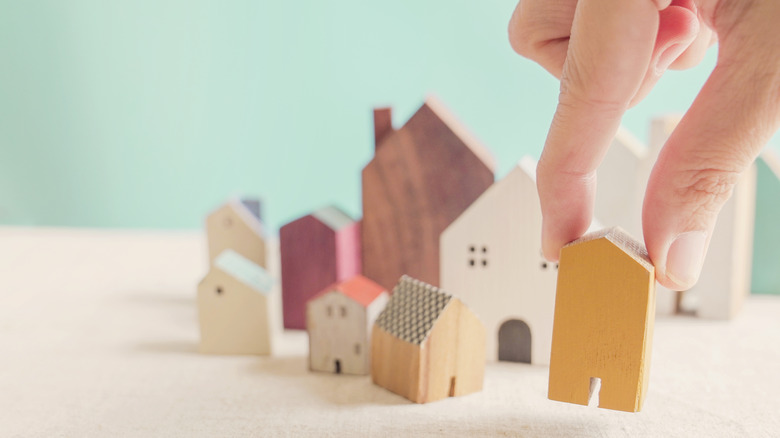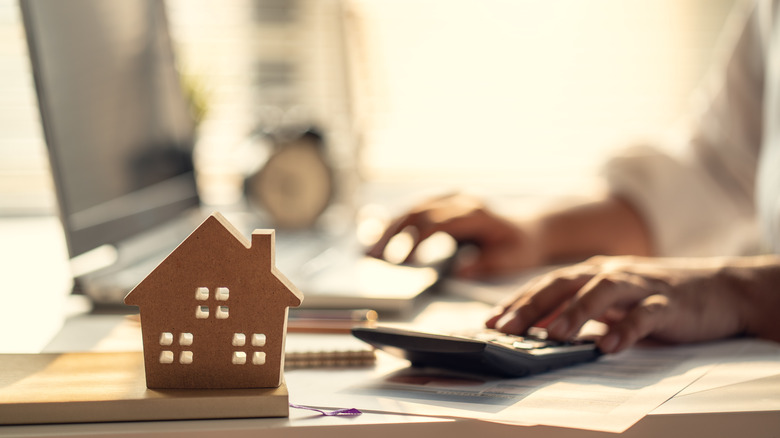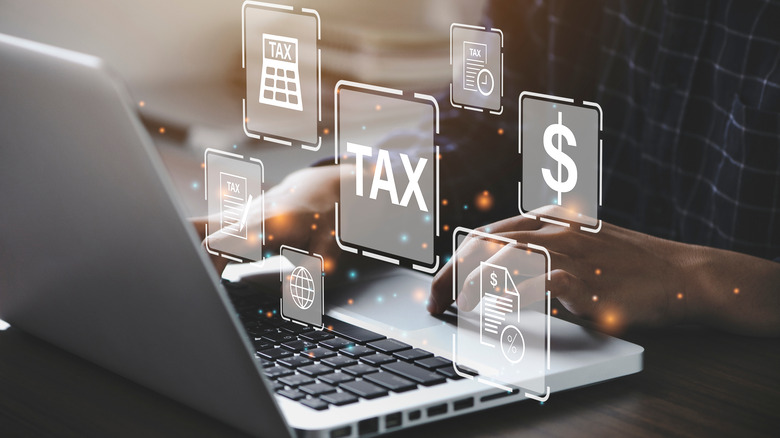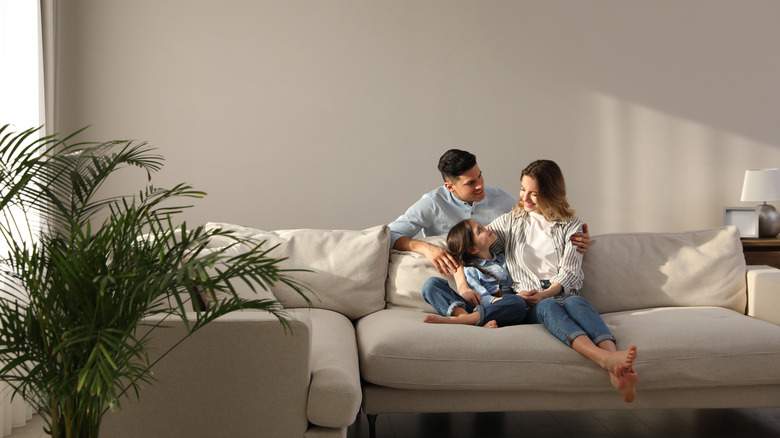How Much Cash Is Needed To Purchase A Home?
Purchasing a home can transform the way you think about your personal finances. Rather than paying a landlord for the privilege of living in their property, homeownership gives you direct access to a space to call home and a financial asset that will continue to grow in value over time. According to the National Association of Realtors, the average homeowner remains in a home for around 13 years.
In many instances, the typical 13 years of property ownership make for a significant financial gain. With 15, 20, and 30-year mortgages as a standard in the modern marketplace, this average is more than enough time to build up at least 50% equity in the property —perhaps even arriving at a zero balance for those who are diligent with overpayments.
The value that homeownership brings to a consumer is apparent, but breaking into this atmosphere and leaving renting behind can be a daunting challenge. Building up cash savings adequate enough to purchase your first home is often a hazy process, and the amount of required capital often feels like a mystery. Considering these elements, pulling back the curtain on home buying can be a little simpler.
Your down payment
The down payment is the first hurdle to navigate when entering the homeownership world. Purchasing a home is done with the help of a mortgage loan; however, to be approved for this financing, you'll need to contribute some cash of your own. Rocket Mortgage reports that the average down payment on new property transactions in the United States currently sits at about 6%. This means that a $100,000 home will require a $6,000 down payment, and a million-dollar home will demand a $60,000 initial contribution.
Saving up for your down payment may take a matter of months, or it could span a year or longer. The important thing to remember is that consistent savings toward your ultimate goal are crucial for making this dream become a reality. Budgeting to contribute as much as you can reasonably afford each month will help you stay focused on the big picture and get your home savings moving in the right direction.
It's also a good idea to consider this savings contribution as another bill you must pay. Typically, consumers will mentally place owed debts toward the front of their financial ledger, considering their free capital to be a hazy net income minus rent, utilities, and other expenditures. Placing savings for your future home among these first draw expenses will give it the attention it needs and deserves.
Property taxes, PMI, and homeowner's insurance
Homeowner's insurance is an important addition to your property. This coverage will protect you against damage, theft, and other issues on the property. On top of this, USA Today reports that the effective property tax lies at 1.1% of the assessed property value and private mortgage insurance (PMI) that comes with a conventional loan where you will own less than 20% of the home's equity.
The property taxes are built into the ongoing cost of house ownership, and nonpayment of taxes can lead to legal trouble or even the loss of your home with enough time and assessed back taxes left unpaid.
If you are a typical borrower and are investing less than 20% of the home's value in the down payment, mortgage insurance will be added to the total cost of your payments. Bankrate notes that with a conventional loan (non-FHA or VA loans, for instance), you'll stop paying mortgage insurance once you've reached the 20% equity threshold. Aging out of PMI additions to your bill won't take long in most instances because you'll be effectively purchasing equity in the home each month with your mortgage payments while the property continues to inflate in value as a financial asset.
Closing costs and ongoing mortgage payments
Bankrate reports that closing costs on a new mortgage loan are typically between 2% to 5% of the loan principal. Your closing costs are unavoidable, and factoring this expense into the upfront purchase price is essential to smoothly completing the transaction.
In addition to this final upfront addition to the purchase, you'll need to budget for ongoing mortgage payments. The Balance reports that the average monthly mortgage payment is $1,487 (as of the last American Housing Survey before May 2022). However, your particular payment figures can vary wildly based on the initial down payment contributed, the loan term, and other features of your lending agreement. Mortgage repayments will be due every month for many years to come, and budgeting for the first bill is particularly important after lashing out the cash, typically just 30 days before it's due (although this can vary).
Ensuring that you will be prepared for the first payment should be a part of your upfront costs calculation. You won't want to start off on the wrong foot with your mortgage lender after just a month, so plan ahead for this added cost — along with the ongoing expense that will form a routine part of your financial future.
Maintenance and upgrades, utilities, and moving expenses
Along with the purchase cost, there are a few additional expenses to consider when moving. Many homeowners want to make improvements and repairs on a home before moving in or settling into the space. Updates will add an expense to the equation, but investing in the house at this stage will give you full access to the personalizations and additions you make to the property. Getting the full value out of your home investments makes renovations at this early phase so popular.
As well as modernizations and upgrades, you'll need to transfer your utilities and services to the new property and likely add a few additional features that will pad your outgoing expenses. For one thing, those moving from an apartment to a new home will likely need to add trash pickup services to their monthly utility expenses. Shopping around for great bargains on electricity, gas, trash collection, television and internet, and other necessities can help you get the best deal on your overall monthly total expenditure.
Lastly, moving is an expense that stands apart from the rest. Forbes Advisor reports that a short-distance move will typically cost between $800 and $2,150, while a longer move will cost between $2,200 and $5,700 in most instances. Therefore, this expense is another upfront cost that shouldn't be overlooked when planning the finances of a new home purchase and the resulting move.




